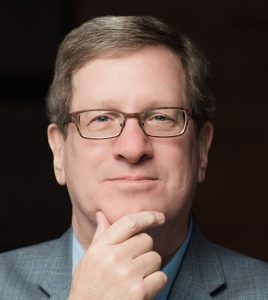Do you believe in miracles? “Half of Americans (51 percent) said they believe the miracles of the Bible happened as they are described,” Lee Strobel argues. “Two out of three (67 percent) said miracles are possible today…. Nearly two out of five US adults (38 percent) said they have had an experience that they can only explain as being a miracle of God.”
Jonathan Merritt of Religion News Service provides an informative interview with Strobel, a journalist-turned-minister and author of the new book “The Case for Miracles: A Journalist Investigates Evidence for the Supernatural,” Here is one segment that caught my eye.
RNS: I’ve heard skeptics often say that to believe in “miracles” would be to deny science because, after all, miracles violate the established and observed laws of nature. How do you respond?
LS: Scottish skeptic David Hume called a miracle “a violation of the laws of nature” – and you can’t violate the laws of nature, right? Hume’s critique is still touted by skeptics today, but my book demonstrates that Hume’s approach is fatally flawed. In fact, philosophers have decimated Hume in recent years, as illustrated by the title of a recent book by a non-Christian scholar published by Oxford University Press: Hume’s Abject Failure.
Actually, miracles are not a violation of the laws of nature. For example, if I drop an apple, the law of gravity tells me it will hit the floor. But if I drop the apple and you reach in and grab it before it hits the floor, you haven’t violated the law of gravity – you’ve merely intervened. And that’s what God does in performing a miracle – he intervenes in the world that he created.
As philosopher William Lane Craig told me, natural laws have implicit ceteris paribus conditions, which is Latin for “all other things being equal.” In other words, natural laws assume that no other natural or supernatural factors are interfering with the operation that the law generally describes.
Craig explained that if there’s a supernatural agent that’s working in the natural world, then the idealized conditions described by the law are no longer in effect. The law isn’t violated because the law has this implicit provision that no outside forces are messing around with the conditions.
Read entire interview HERE.

